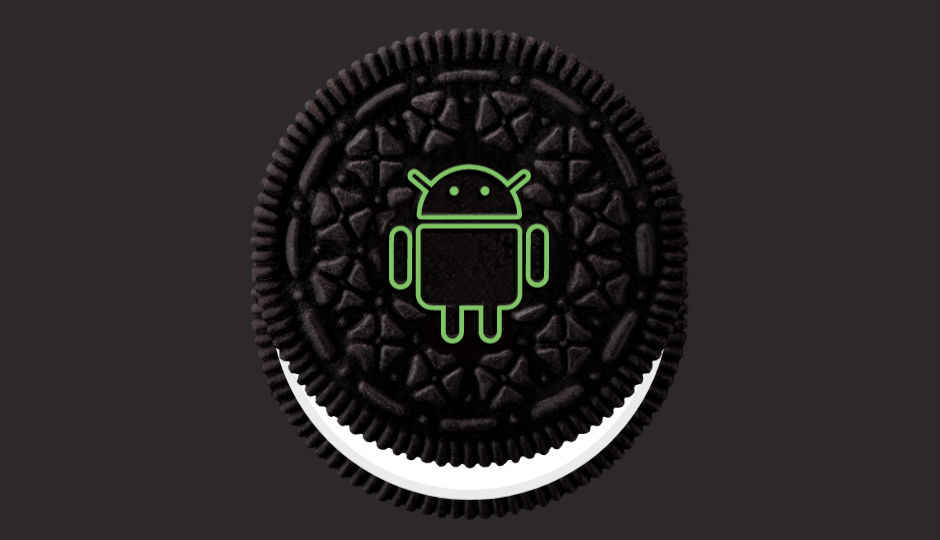Android 8.0 Oreo launched with notification dots, faster boot time, PiP mode and more

As expected, Android 8.0 is called Oreo and is currently rolling out as OTA update for Pixel and Nexus devices. Google says major OEMs will upgrade their devices to Android 8.0 Oreo by the end of this year.
Google has finally announced that Android O will be called Android 8.0 Oreo. After teasing names like Oatmeal Cookie, Octopus and even Orangina, Google has decided to stick with Oreo. The announcement came via a live stream coinciding with the total solar eclipse in the United States and a Google+ post had suggested that O will indeed stand for Oreo.
Google also showed the new statue for its latest dessert-named mobile operating system version, and has pushed the update to the Android Open Source Project (AOSP). The successor to Android Nougat is expected to begin rolling out as an OTA update to Google's Pixel and Nexus devices first. "Pixel and Nexus 5X/6P builds have entered carrier testing and we expect to start rolling out in phases over the next several weeks," Dave Burke, VP of Engineering, wrote in a blog post.
Burke also added that device manufacturers, including Andy Rubin's Essential, General Mobile, Nokia brand-licensee HMD Global, Huawei, HTC, Kyocera, LG, Motorola, Samsung, Sharp and Sony are planning to launch new Android 8.0 devices or upgrade their existing devices by the end of this year. During the launch of the Nokia 8 in London last week, HMD Global announced that its latest flagship will be one of the easiest ways to experience Android 8.0.
Android Beta users will be getting the update to the final version starting today, and Google has also released system images for those planning to manually flash the operating system. The list of compatible devices include the Pixel, Pixel XL, Nexus 6P, Nexus 5X, Pixel C tablet and the Nexus Player.
In terms of features, Android 8.0 Oreo is an incremental upgrade over Android 7.0 Nougat with much of the efforts being put to improve the system performance. One of highlights of the new version is the faster boot speed, with Google claiming that the Pixel would boot two times faster on Android Oreo. The update also brings new feature like Notification Dots, support for Autofill APIs, Picture in Picture (PiP) mode, adaptive icons, Google Play Protect, high fidelity audio playback with new Bluetooth codecs and wide-colour gamut support across apps.
In terms of daily use, Android 8.0 Oreo users should notice an improvement in battery life with background app limitations and OS-level optimisation for smoother app performance. The update also brings 60 new redesigned emojis and support for XML fonts.
Google had first announced Android O in the form of a developer preview in March, and rolled out public beta during the I/O 2017 developer conference in May. The fourth and final developer preview was announced last month and is now available as a final version. Android 7.0 Nougat is running on just around 13.5 percent active devices almost a year after its launch. With Android 8.0 Oreo, Google would be hoping to force its OEM partners to push updates faster and fix the the issue of fragmentation.




